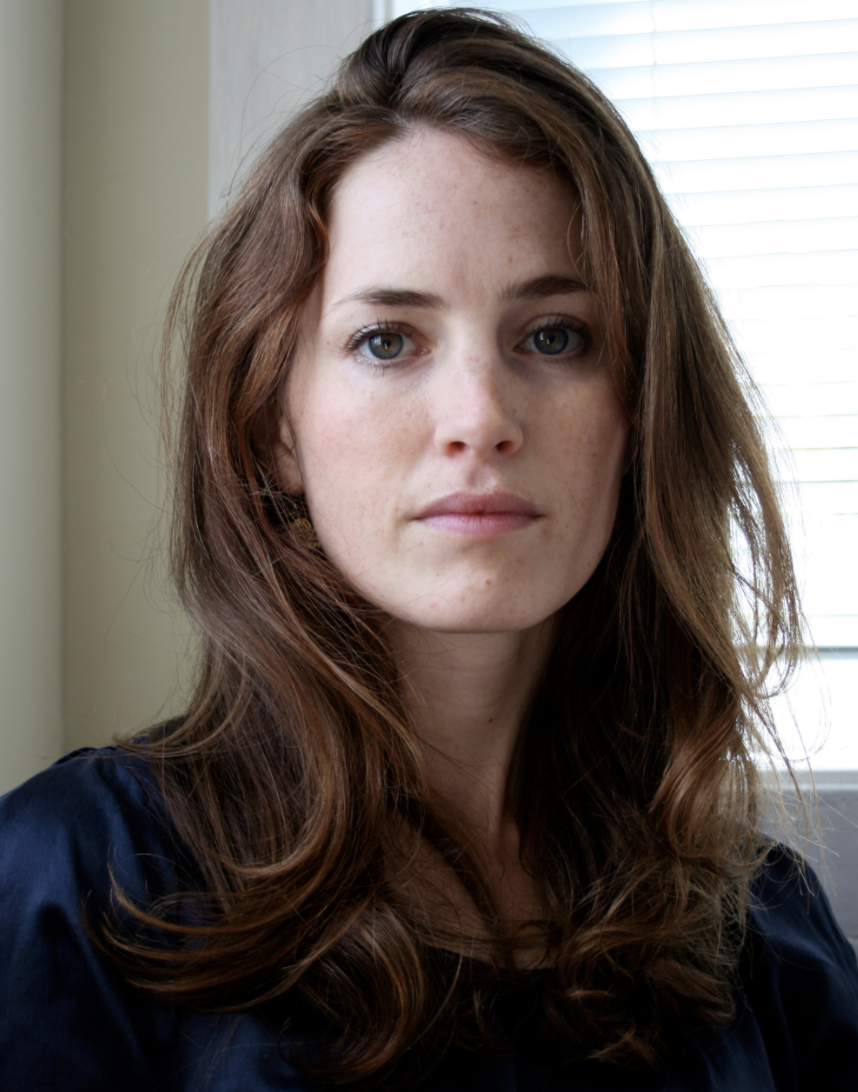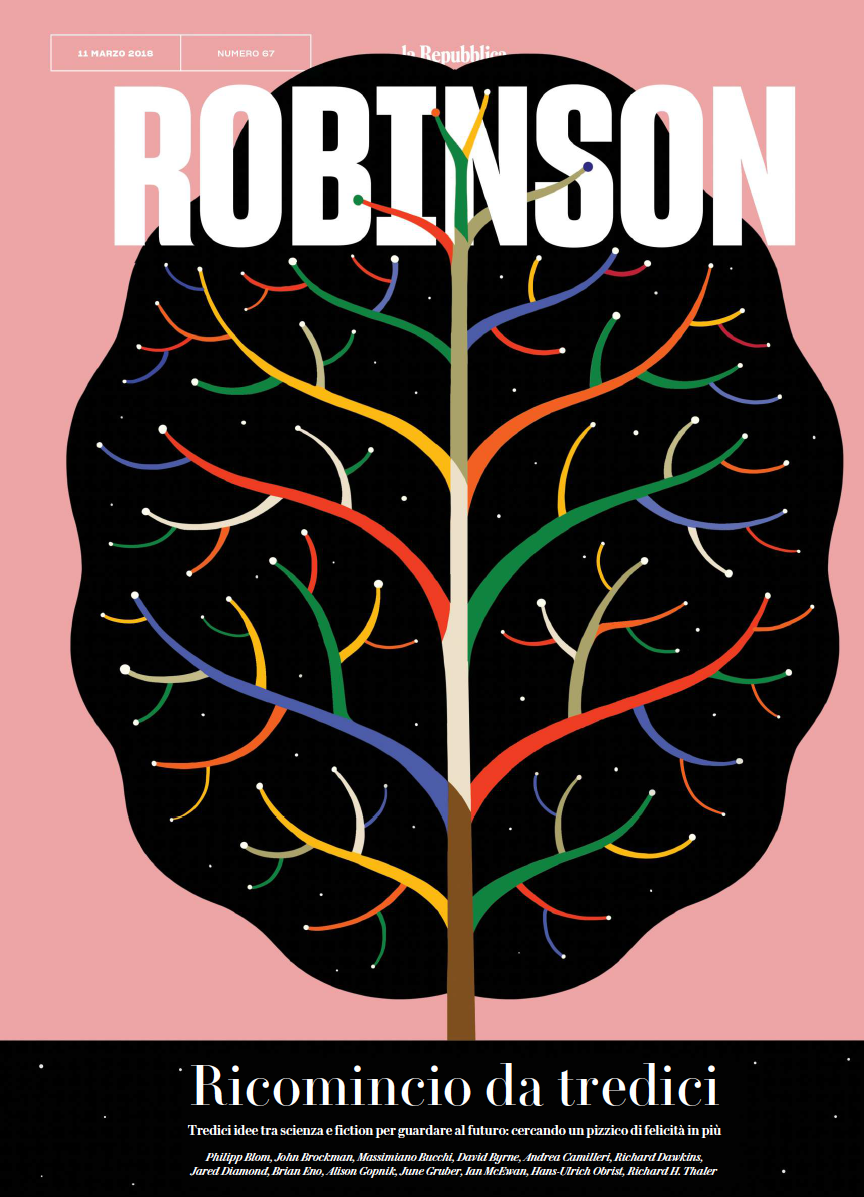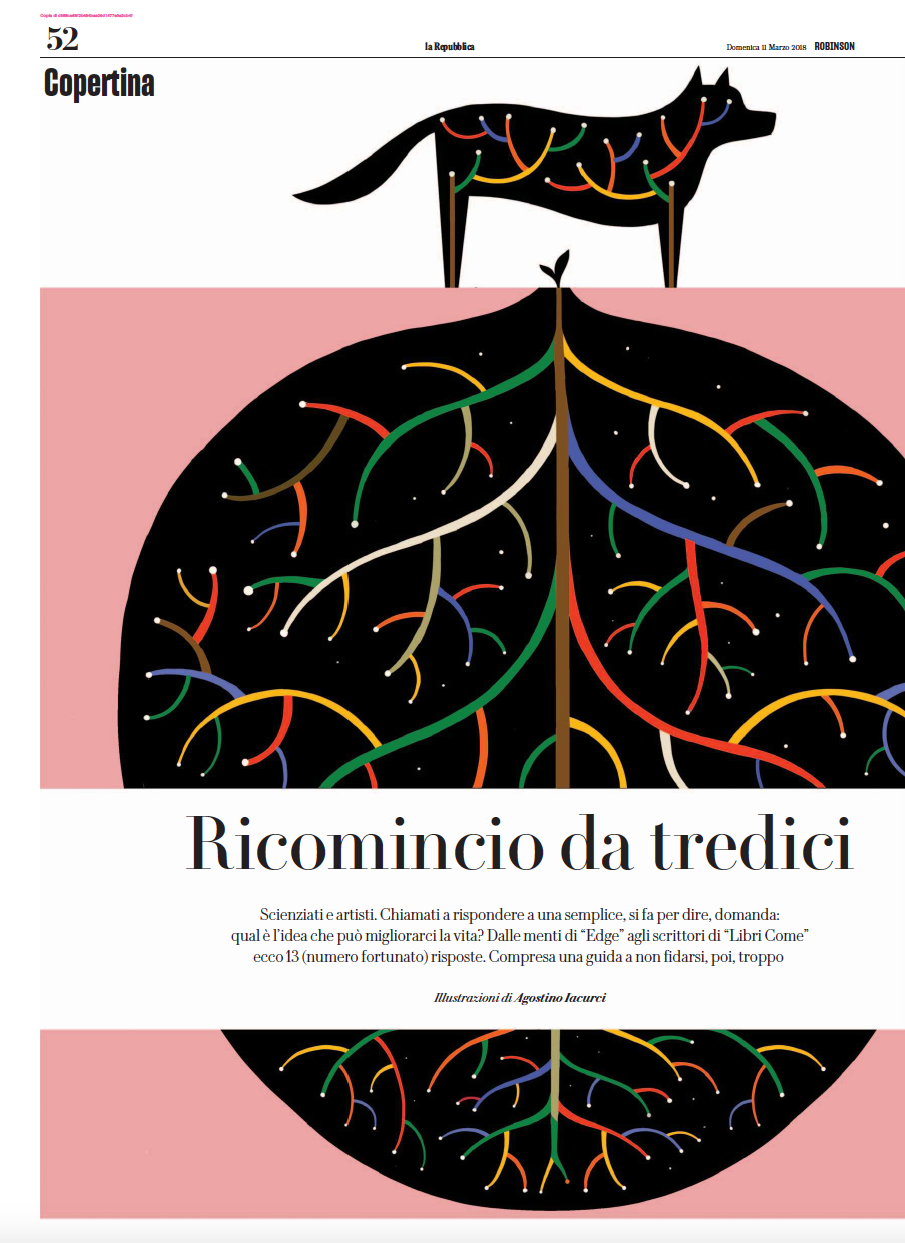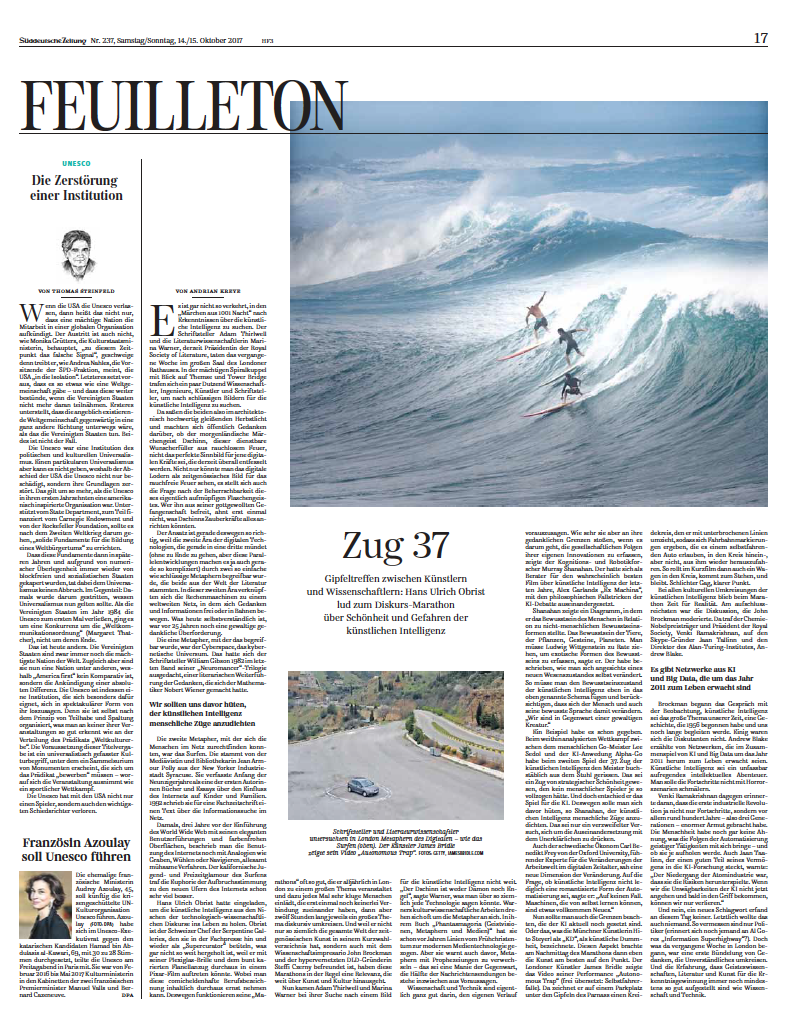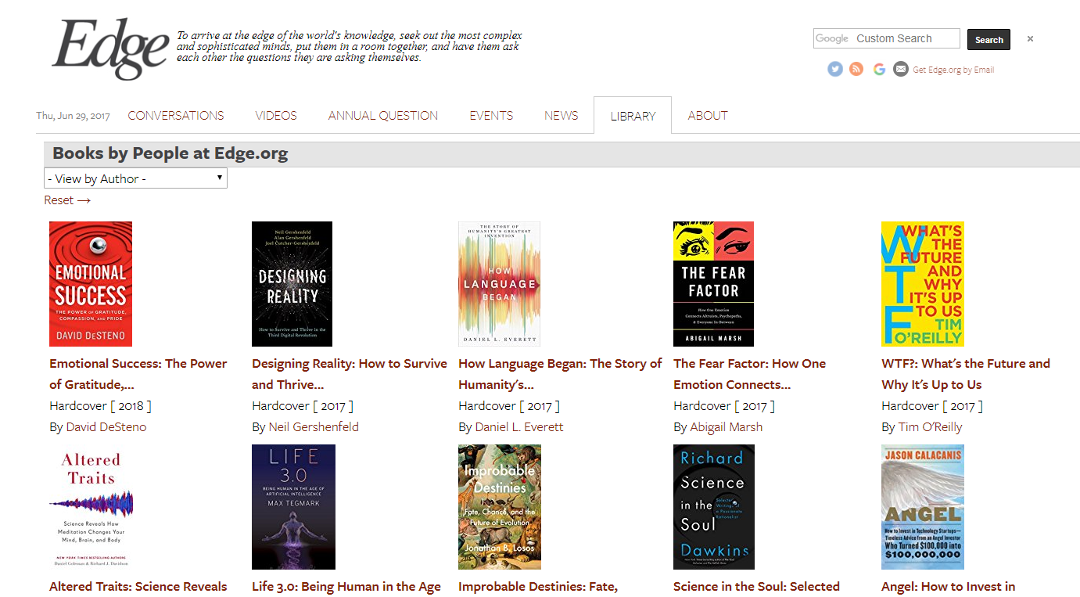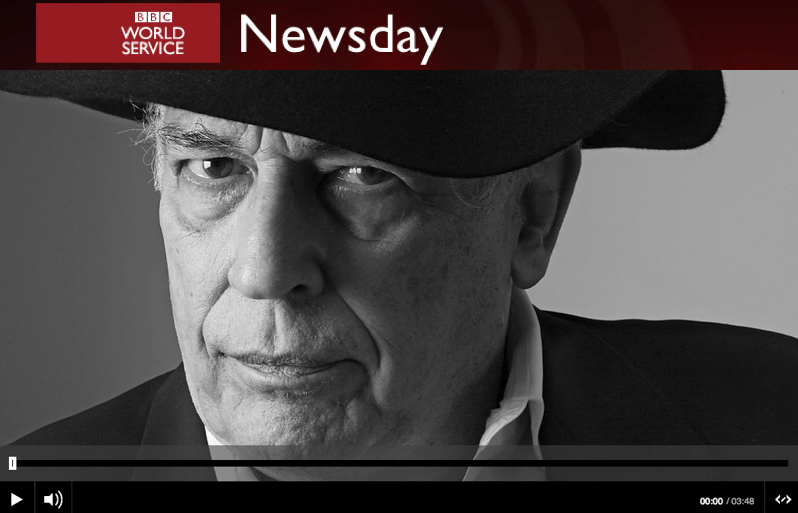MASTERMIND BROCKMAN
THE ÉMINENCE GRISE
As a New York agent, John Brockman manages the star authors of science, as a visionary behind the scenes, he creates a new image of man for the 21st century. By Georg Diez
Who is John Brockman? Even in New York, the world capital of people who know just about everybody, they are uncertain.
"Brockman, Brockman?" Shake of the head. "I don't know," says the reporter from the New Yorker. Says the colleague of the New York Review of Books. Says the young writer who cofounded the magazine n + 1.
In the literary milieu where he is ignored more than despised, John Brockman is about as well known as the first three digits of the number Pi.
"This crowd sees everything through the lenses of culture and politics," he says. "But an understanding of life, of the world, can only come through biology, through science."
Ebola, stem cells, brain research—Who needs the new David Foster Wallace, the new Philip Roth?
"The great questions of the world concern scientific news," says Brockman. "We are at the beginning of a revolution. And what we hear from the mainstream is: "Please make it go away."
"He is a key figure of the late 20th and early 21st century, the éminence grise and major source of inspiration for the globally dominant culture, which he himself named as the 'third culture.'"
And there you are—this is how it goes with John Brockman who doesn’t like to waste time in the midst of the contradictions of the present. "Come, let's start," he says in a good mood and puts a recording device on his desk. "I'm turning it on, you don't mind?"
He is charming, without hiding his own interests. He is proud of his life, his intelligence, without that he would have to apologize for it. He is a key figure of the late 20th and early 21st century, the éminence grise and major source of inspiration for the globally dominant culture, which he himself named as the "third culture."
It is not Brockman, but his authors, who are well-known: Richard Dawkins, Steven Pinker, Daniel C. Dennett, Jared Diamond, Daniel Kahneman. Physicists, neuroscientists, geneticists, evolutionary biologists, fixed stars of the science age, superstars of nonfiction bestseller lists, the reason for Brockman's financial success and good mood.



